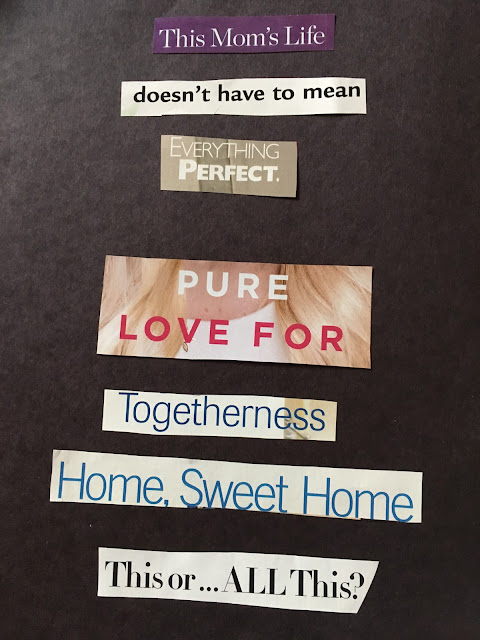Almost a year ago, I became a student again. At that time, I had no idea how sitting in the student seat would impact my teaching. It wasn't because I was a learner once again because I continually think and learn in order to improve my teaching. I think all good teachers should do this.
But it was about placing myself in my students' shoes and being where they are. It was about doing the hard part. And there are many hard parts to being a student. In these next few blog posts, I hope to share with you lessons I have learned about being a teacher while sitting in the student seat.
As I began my first assignment, I quickly questioned whether I had made the wrong decision. Was I crazy? Could I really do this? Learning again in this capacity was something new. It was uncomfortable. It was down right hard.
I decided the only way to tackle this challenge was to just jump in. I began the first assignment, began to read the material in order to show my competency, and began to write the paper.
It wasn't long before this question camp up,
"I wonder how long this needs to be?" I almost laughed out loud because how many times have we heard this question from our own students? It could be the number of words in a sentence, the number of sentences in a paragraph, or the number of paragraphs in a piece...but they always ask!
I began to think about my quick, though not effective, response to this question. Many times I would answer with exasperation,
"It needs to be as long as it takes to tell your story" or
"However long it takes for you to get your ideas across."
Those responses that I have given my students over and over again were not comforting me now as a student. Not only do my students ask the length question, but I asked it too. But
why do we ask it?
The fear of the unknown. For each of my classes, I had a template in which to write my paper. I knew the structure, but I was still unsure of what I was doing. I was writing about an unfamiliar topic - curriculum theories, and that was scary. When our students begin a piece of writing, many times they have no idea of where it is going. Some may feel the need to just write while others need to follow a certain set of guidelines for a particular genre or an assignment. Even when we read mentor texts, have a template, or see the structure or the length of a piece of writing, the fear of the unknown still exists.
The fear of being wrong. In my graduate class, I was writing for a grade or to show my competency in this area. Of course I wanted to pass! The fear of the unknown is coupled with the fear of being wrong. We want to get it right or to get a good grade or to pass the class. For my middle school students and the emphasis on grades, getting it right is a legitimate fear.
Because I have been sitting in the student seat again, I have reflected on why we ask this question. Yes, we have kids who want to know the length so they can write the bare minimum and not put in any extra work. I am not completely naive! But for some, it could be the fear of the unknown and the fear of being wrong.
For me, the length of the writing gave me a known value and a goal to reach - the first assignment was to be 12-15 pages. There was comfort in knowing that it needed to be a certain length. It made me feel like if I hit a certain length, I was on track. This length also gave me the security that it was right because I knew at least one of the expectations.
This doesn't mean that I will begin giving my students a required length, but I will think differently about how I answer the question. As we begin to write next year, I want my students to know that writing takes us in many different directions, and there is no set path on how to get there.
Using more guiding questions such as "Where do you want this piece to go?" "Is there more you want to say?" "Will your reader understand your message?" will hopefully eliminate the need for "How long does this have to be?"





























